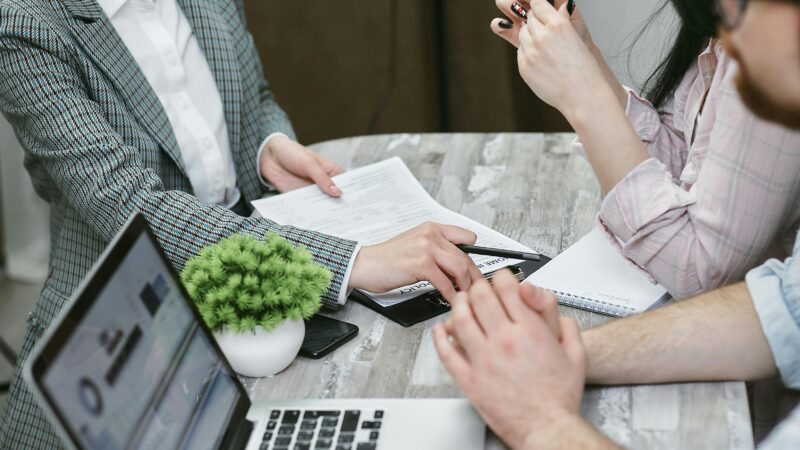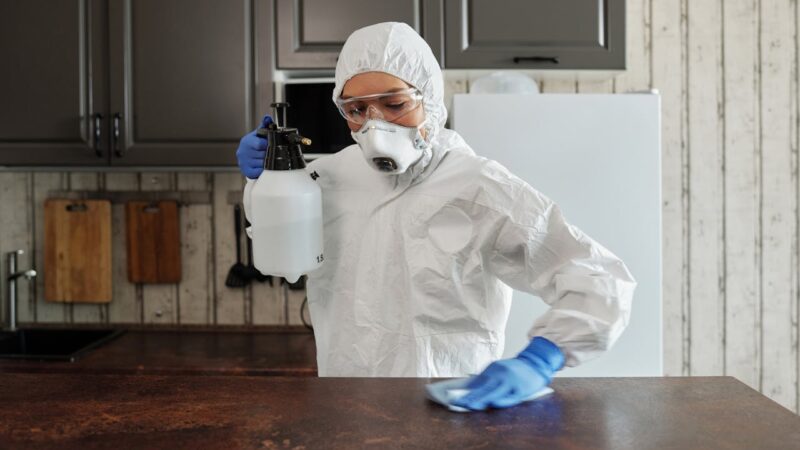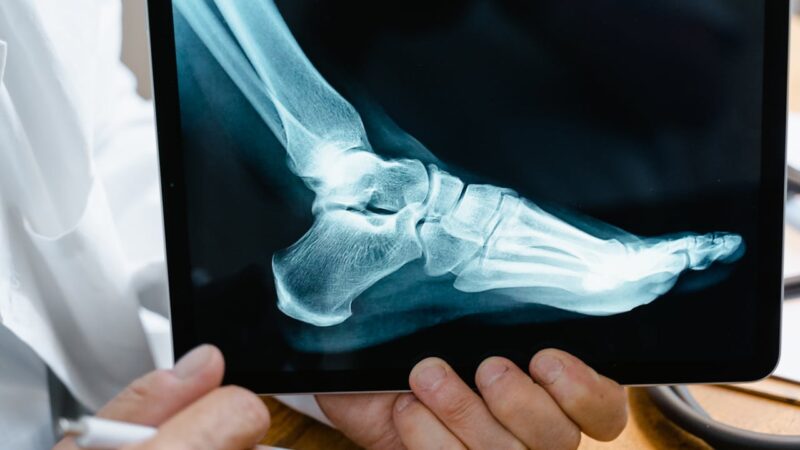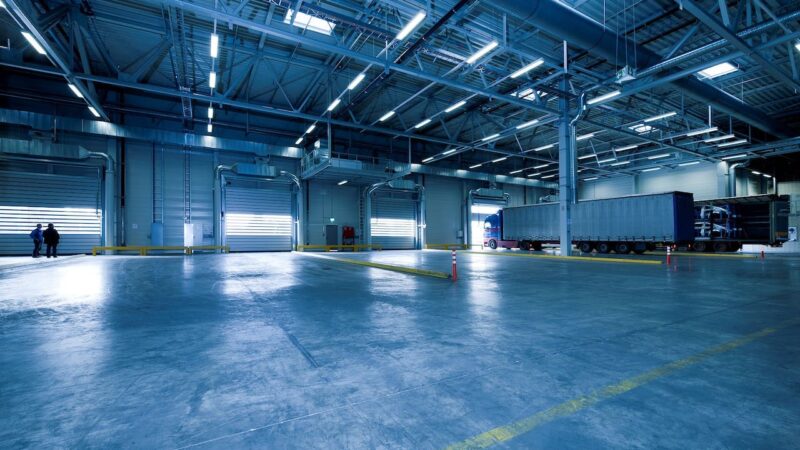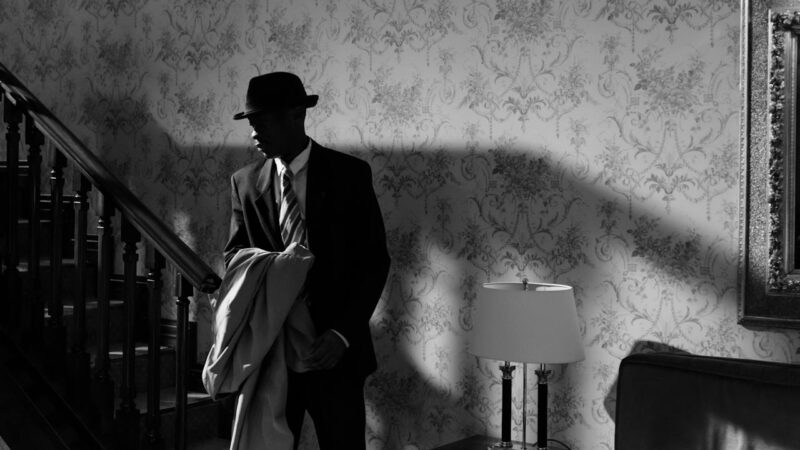7 Things to Do If You Witness a Car Accident
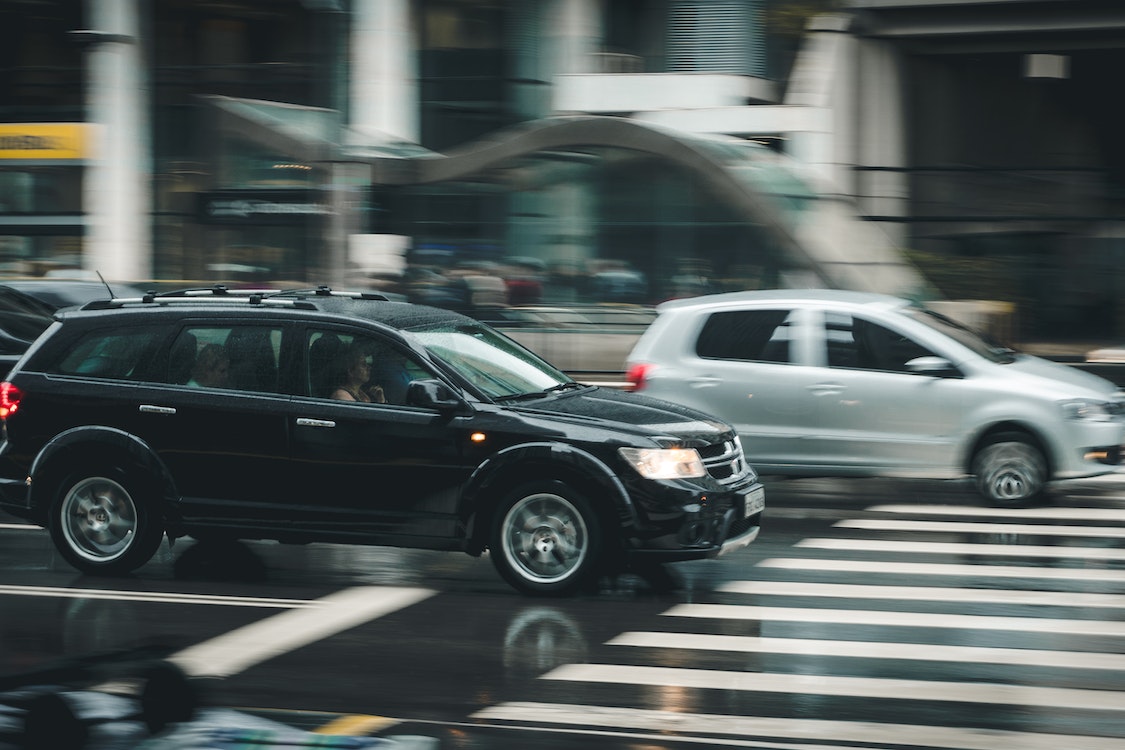
Experts agree that if an accident is serious, it’s important to call 911 as soon as you can safely pull over. Your unbiased account of what you saw can be helpful to investigators later on.
Take a deep breath to stay calm, and do your best to observe from a safe distance. Here are 7 Things to Do if You Witness a Car Accident.
1. Take Pictures
The best thing to do if you witness a car accident is take pictures. This documentation can help paint a clearer picture of the crash and help prove your point in a court case later on. Make sure to capture pictures of the entire scene from a variety of angles and distances, including close up shots. Also, try taking a few photos with and without flash so that you have a backup in case one of the images is blurry or distorted.
Take photographs of any visible damage to the vehicles involved in the accident, including dents, scrapes, and shattered glass. Also, get a close-up shot of any deployed airbags. If you can safely do so, photograph the interiors of the vehicles as well. It can also be helpful to include a common landmark in each photo to demonstrate the distance and scale of each vehicle.
If possible, take pictures of the surrounding area and any other evidence at the accident site, such as skid marks, traffic signs, road debris, and weather conditions. Just be careful not to put yourself in harm’s way by entering a traffic lane to take photos or by standing too close to any moving vehicles.
2. Call the Police
If there are any injuries or serious damage to the vehicles involved, you should call 911 to report the accident. This will allow an officer to come to the scene and speak with everyone involved in order to prepare a police report about the crash. Having an official police document with your witness statement can be very helpful for any future claims or lawsuits.
Make sure to stay calm and follow any instructions from the police officer at the scene. If you can, take pictures of the crash site and any other visible evidence. It is also a good idea to get the other driver’s name and contact information as well as their insurance policy number. It is important to remember that even seemingly innocent statements can be twisted by the other side’s attorneys or insurance company representatives. For this reason, it is a good idea to record as much information as possible while at the scene using your phone camera or voice memo feature.
Regardless of how minor the crash appears to be, it’s a good idea to move your vehicle to a safe spot away from oncoming traffic. Taking this step can prevent a traffic jam and may help first responders reach the scene more quickly. Turn on your hazard warning lights and set up any flares or triangles you have available to warn other motorists of the accident.
3. Give a Statement
If you witness a car accident and are uninjured, it may be a good idea to give the police a statement as soon as possible. This will help the police in determining what happened and who was at fault for the crash.
When giving a statement to the police, it’s important not to speculate or guess about what happened. Stick to the facts, and only answer questions that you are able to accurately answer.
It’s also important to stay at the scene of the accident until the police have finished their investigation. This will ensure that no one moves any evidence or changes the story after you leave.
It’s also a good idea to get the names, addresses and telephone numbers of all people involved in the accident. You can also try to get their insurance information as well so that you or the police can follow up on it later if needed. Do not move anyone who is injured, however, unless it’s absolutely necessary for their safety. This could make the injury worse. Even if the accident was just a minor “fender bender,” the injured parties could still need medical attention, so you should offer to call 911 and wait until first responders arrive.
4. Take Notes
Taking notes is one of the most important things you can do after an accident. It will help you remember everything about the accident later and may come in handy if you need to give a statement to police officers or insurance companies. It is also a good idea to take pictures of the scene, which can be useful in court.
First, you should ensure that it is safe to approach the accident scene. Once you are sure that everyone is okay, you should start to jot down your thoughts and observations in a notebook or on your phone. The quicker you do this, the better. Memories can fade quickly and become unreliable.
While writing down what you have witnessed, remember to include details such as the date, time, weather conditions, car license plate numbers, description of other drivers and passengers, and the exact location where the accident occurred. It is also a good idea to write down any conversations you have with other people at the scene of the accident.
Please remember that you should never move an injured person unless you are a health care professional or it is absolutely necessary to do so. Moving an injured person can worsen their injuries.
5. Take a Video
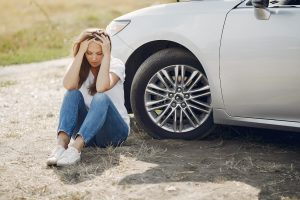
When you witness a car accident, it can be difficult to remember all of the details. If you have a video camera, that can help. Video can capture important moments, such as how fast the driver was driving and what the scene looked like before the accident occurred. It can also show if there were any obstructions on the road and even skid marks from the vehicles.
Taking photos of the scene and any injuries may be helpful as well. These can be used in court and by insurance companies. It’s important to take a lot of pictures and get them from different angles. Make sure to include the license plate numbers and any other documentation of the vehicle involved in the accident, such as the registration and insurance information.
It’s a good idea to stay at the scene of the accident, unless it’s unsafe for you to do so. However, it’s best to check on the condition of yourself and other people involved in the accident before doing so. If you’re injured, it’s a good idea to call 911 and ask for assistance before moving. Be aware that a damaged car may leak oil, gas or coolant.
6. Contact Your Insurance Company
If you have a car accident, it is important to immediately notify your insurance company. The insurance company will need to get a police report from the authorities, which will help in determining who is at fault for the crash.
Make sure to provide the police officer with your name, driver’s license number and insurance policy information. It is also a good idea to provide the other driver’s name and insurance information. Be careful not to admit guilt or blame anyone during the conversation.
Describe the vehicles, road conditions and any witnesses’ observations. Detailed notes can be very useful in a case that is going to trial.
If a person is injured, do your best to help them as much as you can until professional help arrives. However, do not put yourself in harm’s way by getting out of your vehicle unless it is safe to do so. Even if you are the only witness, you should still call 911 and provide your unbiased account of the crash. This can be very helpful when the matter goes to court and a judge is trying to determine who is at fault for the accident. It is also a requirement under virtually all car insurance policies.
7. Contact an Attorney
Even though it’s natural to want to help out, don’t make a situation worse. If you are a driver, pull your vehicle to the side of the road, as far away as possible without impeding rescue vehicles or making it dangerous for other drivers to move around. Put on your hazard lights and check for safety hazards, like shattered glass or fallen power lines.
Attempt to note everything you can remember about the accident to report to known attorneys such as the Wisconsin car accident while it’s fresh in your mind. It’s important that you can accurately describe what happened to police and other witnesses.
Also, if you can safely, check on the victims. Your presence can be comforting and may even save lives, especially if the injuries are severe.
Always call 911 if you witness a car accident, no matter how minor it might appear. This will enable the authorities to do a thorough investigation and determine who is liable. You will also have a police report that can be useful in any insurance claim or lawsuit that might follow. As a witness, you might be asked to give a statement and provide your contact information. This could eventually lead to you being questioned by attorneys representing either party in the case.

